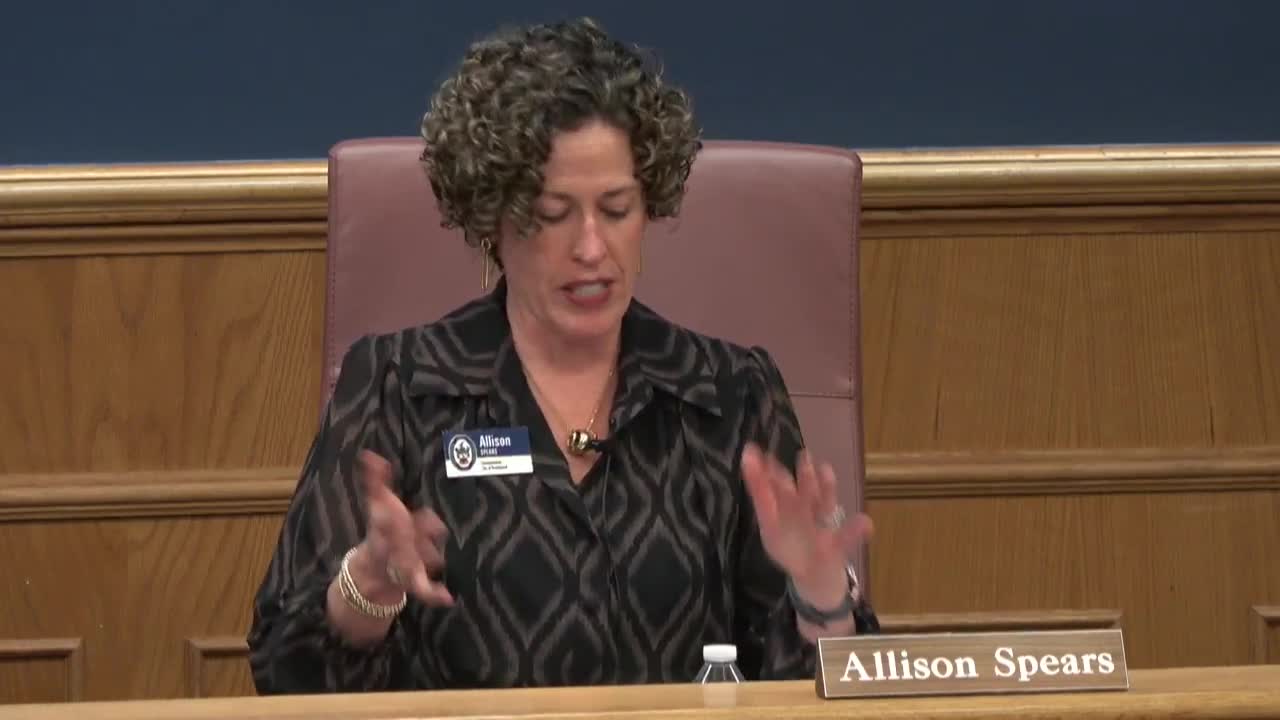Article not found
This article is no longer available. But don't worry—we've gathered other articles that discuss the same topic.
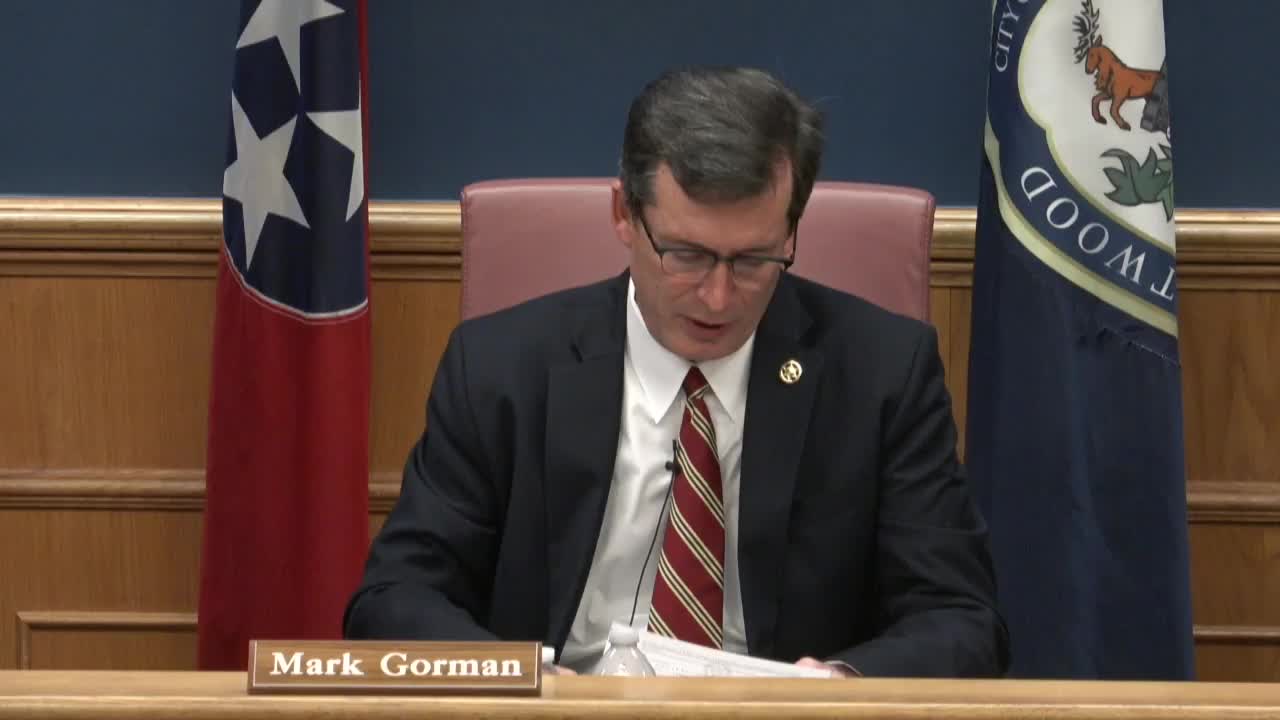
Brentwood Police promote three officers; chief highlights succession planning
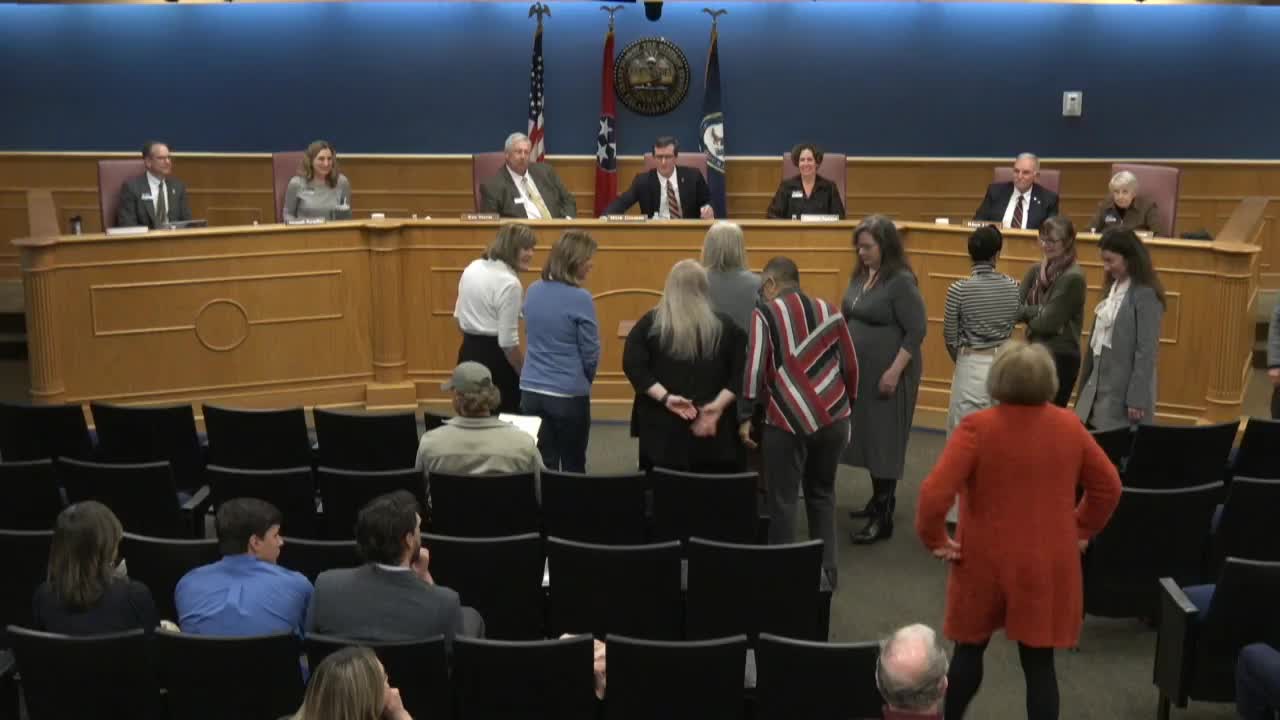
Friends of the Brentwood Library donate $50,000; commission approves $80,000 from Holt trust for library improvements
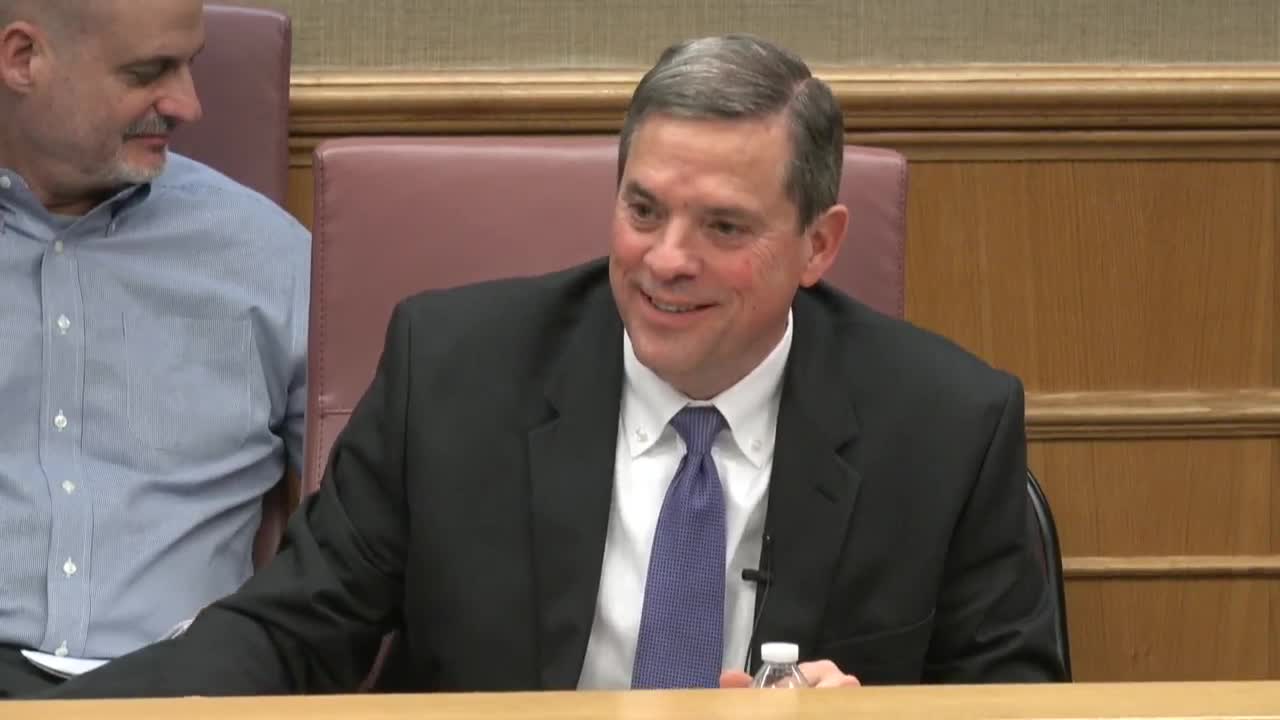
Longtime Brentwood city manager Kirk Bednar to retire; commissioners appoint Jay Evans as interim
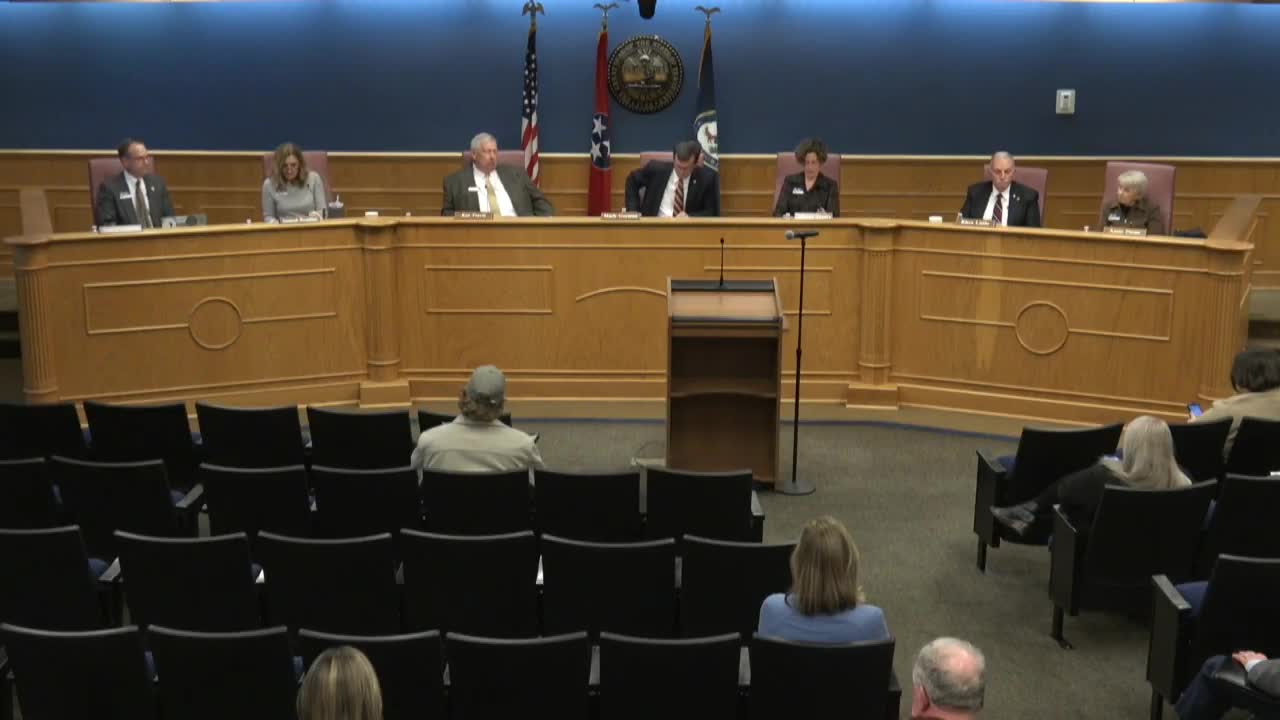
Commission denies sewer-extension request for 1202 Beach Hill Road; commissioners cite policy and capacity concerns
